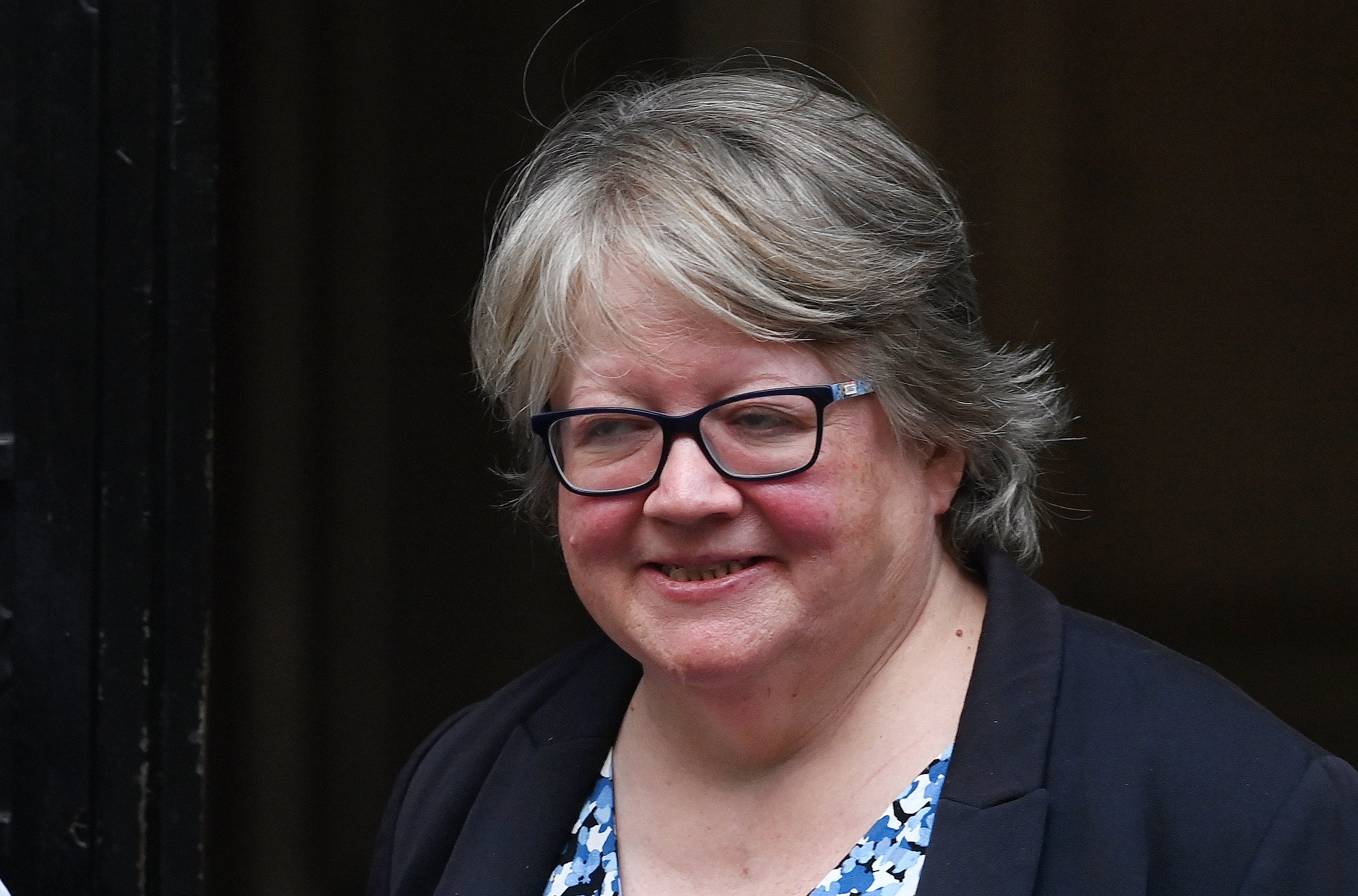The Top 10 politicians’ doctorates
Is there a doctor in the House? Quite a few, actually


Your support helps us to tell the story
From reproductive rights to climate change to Big Tech, The Independent is on the ground when the story is developing. Whether it's investigating the financials of Elon Musk's pro-Trump PAC or producing our latest documentary, 'The A Word', which shines a light on the American women fighting for reproductive rights, we know how important it is to parse out the facts from the messaging.
At such a critical moment in US history, we need reporters on the ground. Your donation allows us to keep sending journalists to speak to both sides of the story.
The Independent is trusted by Americans across the entire political spectrum. And unlike many other quality news outlets, we choose not to lock Americans out of our reporting and analysis with paywalls. We believe quality journalism should be available to everyone, paid for by those who can afford it.
Your support makes all the difference.Thanks to Phil Woodford for starting this one. There is now just one cabinet minister with a PhD: Therese Coffey, who wrote “Structural and reactivity studies of bis(imido) complexes of molybdenum (VI)”, University College London, chemistry, 1998. There were two, but Kwasi Kwarteng (“The political thought of the recoinage crisis of 1695-7”, Cambridge, history, 2000) had to attend to other business.
1. “Warrior aristocrats in crisis: the political effects of the transition from the slave trade to palm oil commerce in the nineteenth century Kingdom of Dahomey.” John Reid, Labour former home secretary: Stirling, history, published in 1986 but written in the 1970s. “Charts the challenges faced by the African kingdom in trying to integrate into global trade. It does not end well, as is evidenced by a chapter near the end, entitled ‘The Destruction of the Palm Trees’, which on its own is a cracking read; very dramatic,” said Paul T Horgan.
2. “The fear of atheism in England, from the Restoration to Berkeley’s Alciphron.” John Redwood, Conservative former cabinet minister: Oxford, modern history, 1975.
3. “Observation of the forbidden magnetic dipole transition 6/sup 2/P/sub 1/2/. -->. 7/sup 2/P/sub 1/2/ in atomic thallium.” Steven Chu, US energy secretary under President Obama: Lawrence Berkeley National Lab, 1976. “This and his later post-doc work at Berkeley and Bell Labs was pioneering in the field of trapping atoms with lasers and led to his Nobel prize in 1997. This thesis has changed the world more than any number of wonkish PhDs about arcane corners of economic history,” said Simon Cook.
4. “Emotion and emotions.” Oliver Letwin, Conservative former cabinet minister: Cambridge, philosophy, 1982.
5. “Labour Party and political change in Scotland, 1918-1929: the politics of five elections.” Gordon Brown: Edinburgh, politics, 1982. “Much of” Brown’s book, Maxton, 1986, about the Independent Labour Party MP James Maxton, was drawn from his thesis.
6. “Writing for Women: woman as reader in Elizabethan romance.” Caroline Lucas, Green MP: Exeter, English, 1989.
7. “The effectiveness of incentive payment systems: an empirical test of individualism as a boundary condition.” Greg Clark, recent levelling-up secretary: London School of Economics, sociology, 1992. “I think it concludes that in theory, incentive-based payments should encourage greater output, but in practice, they do so only if individuals are individually minded, and not collectively minded,” said James Dinsdale.
8. “Too much too young: British 1990s youth culture.” Rupa Huq, Labour MP: University of East London, cultural studies 1999.
9. “Visual reasoning in Euclid’s geometry.” Jesse Norman, transport minister: UCL, philosophy, 2003.
10. “Understanding the lifeworld of social exclusion.” Stella Creasy, Labour MP: LSE, social policy, 2006. “It’s extremely good,” said Paul Nightingale.
No room, then, for: “British military planning for post-war strategic defence, 1942-47”, Julian Lewis, Conservative MP; “Building capacity for community economic development: the case of the Kat river valley, South Africa”, Peter Kyle, shadow Northern Ireland secretary; “An analysis of value theory, the sphere of production and contemporary approaches to the reorganisation of workplace relations”, Jon Cruddas, Labour MP; “Civic thought in Britain, c 1820-c 1860,” Tristram Hunt, former Labour MP; “The enforcement of the penal statutes at the Court of Exchequer c 1558-c 1576,” David Lidington, Conservative former cabinet minister.
I think Tony Blair’s first cabinet holds the record, with six PhDs: Gordon Brown (above), David Clark (the Labour Party in Colne Valley, 1891-1907, Sheffield, history), Jack Cunningham (Durham, chemistry), Mo Mowlam (Swiss referendums, Iowa, political science), Chris Smith (Coleridge and Wordsworth, Cambridge, English) and Gavin Strang (genetics of pig fertility, Edinburgh, agricultural science).
To keep up to speed with all the latest opinions and comment sign up to our free weekly Voices Dispatches newsletter by clicking here
There is always one. This week it is Richard Powell, who nominated “Stereospecific Polymerisation of Isoprene on the Stabilisation of Synthetic Rubbers on Copolymerisation”, the title of the PhD in chemistry Elena Ceaucescu claimed to have obtained in 1967, but there are doubts about whether she wrote the thesis, or if it even existed.
Thanks to Christopher Brooke, who has compiled an internet list of MPs’ PhDs, including links to the texts; to James Johns for pointing me towards it; and to John Coppendale, Andrew Kitching, Nicholas Beale and Neil Younger for additional nominations.
Next week: Falls from grace.
Coming soon: Members of the public famous for 15 minutes.
Your suggestions please, and ideas for future Top 10s, to me on Twitter, or by email to top10@independent.co.uk
Join our commenting forum
Join thought-provoking conversations, follow other Independent readers and see their replies
Comments